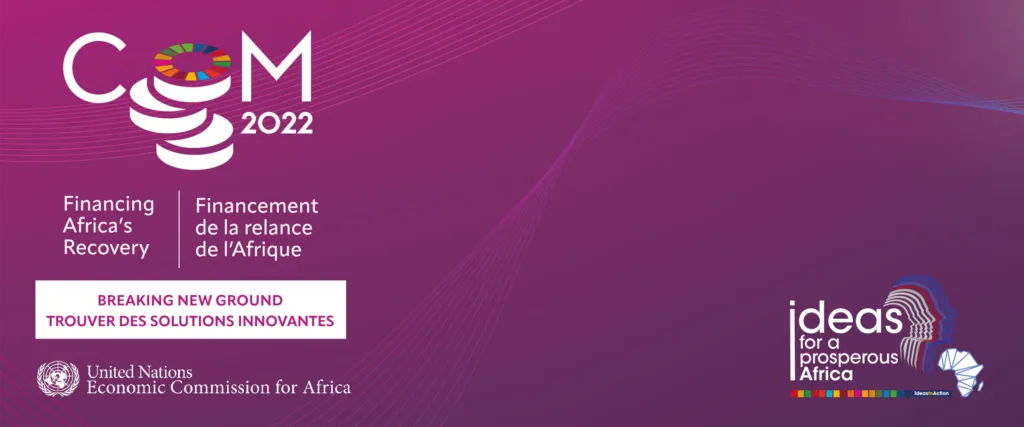“Undoubtedly, higher education and the creation of sound human capital are central to the economic competitiveness and transformation of Africa in the twenty-first century,” said Paul Tiyambe Zeleza, the keynote speaker at the annual Adebayo Adedeji lecture.
Speaking in Dakar at the ECA Council of Ministers conference, Zeleza said higher education in Africa requires both increased investment and greater reform in its nature, content and direction to make it fit for purpose and to ensure a high level of human capital development.
Mr. Zeleza is Associate Provost and North Star Distinguished Professor at Case Western Reserve University, a leading American research university. Until recently, he was Vice Chancellor (President) and Professor of Social Sciences and Humanities at the United States International University-Africa, in Nairobi.
The annual lecture, now in its eighth year, is held in honour of the late Adebayo Adedeji, a Nigerian economist and academic. This year’s theme was, “Role of higher education and human capital development in Africa’s transformation”.
The professor said that governments and policy makers across the continent must invest in Africa’s greatest asset – the youth.
The ECA’s Youth Economist Network programme, Zeleza continued, is a key way in which Africa can invest in its youth dividend.
The think tank takes over 800 young African economists across 29 countries and 72 universities across the continent and teaches them macroeconomic research and modelling.
“The YEN programme represents a crucial link between the need for home-grown academic talent and the outcome for policy formation that is required for the mobilisation of financial resources and to generate inclusive and sustainable growth in Africa,” said Zeleza.
The group has been working on a project to develop macroeconomic models that can stimulate double digit annual growth to achieve the sustainable development goals (SDGs) by 2030.
“But this is only the tip of the iceberg if we are to achieve the Africa we envision – we need a group working on models to support scaling up public financing and blended financing approaches to address the longer-term effects of the pandemic,” Zeleza said.
The professor said that Africa’s ability to mobilise domestic resources and drive lasting change is still constrained despite rising growth rates across the continent before Covid-19.
The pandemic has reversed progress made over the last decade, “exacerbating the challenges that Africa continues to face.
However, Africa’s youth is optimistic and ambitious, Zeleza said.
Asked whether he believed there should be a penalty for arts students and incentives for young people to study STEM degrees, he said learning the skills to manage life was as important as knowledge.
He said prioritising STEM skills only was a misguided narrative. “We need our students to be able to have content knowledge of any discipline but also develop a mindset and habits of thought to enable them to continually learn.
“The jobs are changing so fast that what they learned today in terms of content is going to be irrelevant 10 years from now. Those skills of learning and how to learn are imparted by the liberal arts.
“We need the combination of very high quality liberal arts education and high quality STEM education and find the intersection that brings the two together. You need to find students who can do physics, but who can also do fashion. We should not have this attitude of putting one on a pedestal and others below it.
“Education is no longer is something you do when you are young and forget. It is for life. We need programmes to impart lifelong learning skills and capacity.”

Want to continue reading? Subscribe today.
You've read all your free articles for this month! Subscribe now to enjoy full access to our content.
Digital Monthly
£8.00 / month
Receive full unlimited access to our articles, opinions, podcasts and more.
Digital Yearly
£70.00 / year
Our best value offer - save £26 and gain access to all of our digital content for an entire year!
 Sign in with Google
Sign in with Google 



